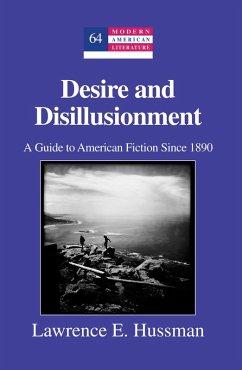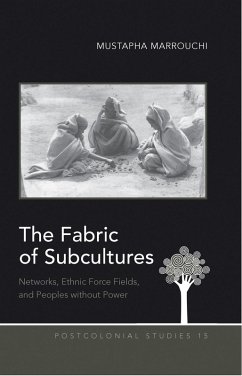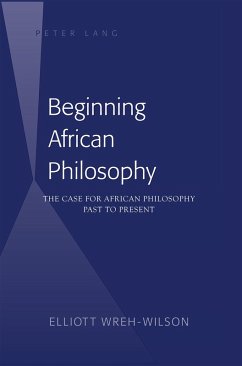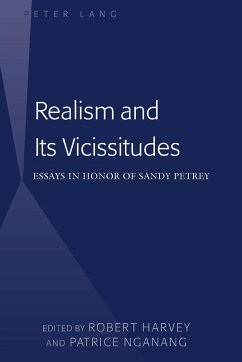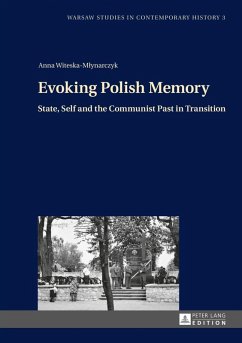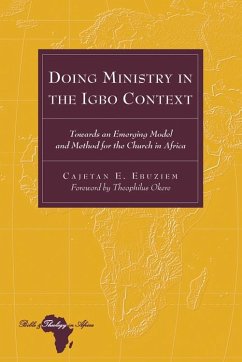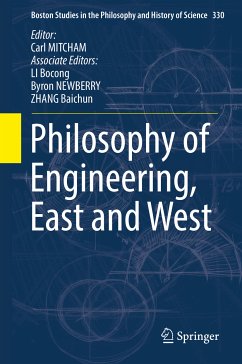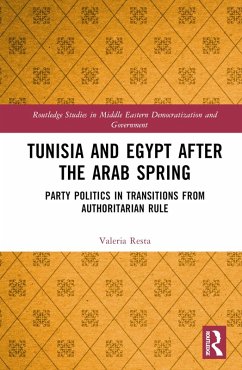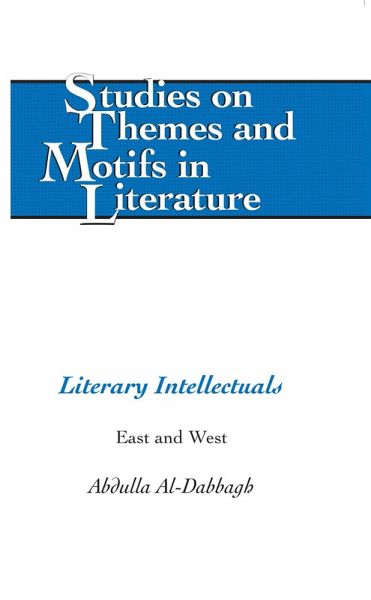
Literary Intellectuals (eBook, PDF)
East and West
Versandkostenfrei!
Sofort per Download lieferbar
61,95 €
inkl. MwSt.
Weitere Ausgaben:

PAYBACK Punkte
31 °P sammeln!
The modernist movement, in literature as well as in criticism, provides a very instructive case of iconoclastic canon-change and subsequent canon-formation, and modern British literary criticism has been remarkably canon-forming in its basic tendency. This is particularly true of the line in British criticism that has revealed strong cultural preoccupations primarily centered on the works of T. S. Eliot and F. R. Leavis. George Orwell is a figure in the history of British cultural criticism who links the pre-war and the post-war generations of modernist writers and critics. Raymond Williams is...
The modernist movement, in literature as well as in criticism, provides a very instructive case of iconoclastic canon-change and subsequent canon-formation, and modern British literary criticism has been remarkably canon-forming in its basic tendency. This is particularly true of the line in British criticism that has revealed strong cultural preoccupations primarily centered on the works of T. S. Eliot and F. R. Leavis. George Orwell is a figure in the history of British cultural criticism who links the pre-war and the post-war generations of modernist writers and critics. Raymond Williams is the direct continuator of the line in English literary and cultural criticism formed by Eliot, Lawrence, and Leavis. The first seven of the essays collected in this book deal with Western intellectuals - in fact, with this largely British tradition of cultural criticism. They continue the argument, centered on these main figures, as it has subsequently developed in the works of Christopher Caudwell, E. P. Thompson, Perry Anderson, and John McGrath, among others, and touch upon more contemporary literary and cultural issues. Some of these issues, such as the spread of Islamophobia among a number of contemporary British intellectuals, are also discussed in another chapter in the book, and the division of what may be called the international intelligentsia into radicals, pundits, renegades, and imposters, in another chapter. The last three essays deal with major Arab intellectuals and Arab literary and cultural concerns. They focus mainly on the relationships of these key figures with political power, cultural identity, and exile.
Dieser Download kann aus rechtlichen Gründen nur mit Rechnungsadresse in A, B, BG, CY, CZ, D, DK, EW, E, FIN, F, GR, HR, H, IRL, I, LT, L, LR, M, NL, PL, P, R, S, SLO, SK ausgeliefert werden.




